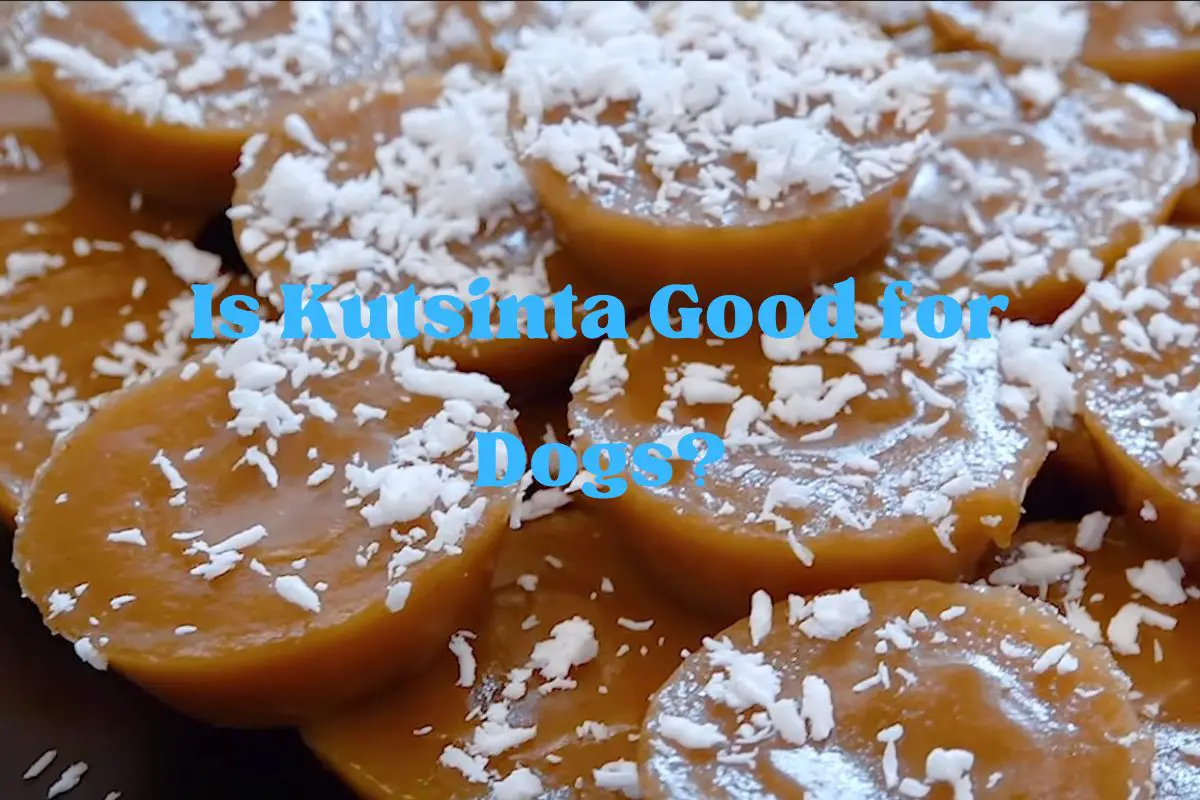When it comes to sharing human foods with our furry friends, it’s crucial to be cautious about what we offer them. While it might be tempting to give our dogs a taste of every treat we enjoy, not all human foods are safe for canine consumption. One such treat that often raises questions is kutsinta, a popular Filipino delicacy. Made primarily from rice flour, brown sugar, and lye water, and topped with grated coconut, kutsinta is a sticky, chewy dessert loved by many people. But, is it good for dogs? Let’s dive into the facts.
What is Kutsinta?
Before we explore its impact on dogs, let’s understand what kutsinta is. Kutsinta is a type of kakanin, or traditional Filipino rice cake, known for its jelly-like texture and sweet flavor. Its main ingredients are rice flour, making it gluten-free, brown sugar for sweetness, and lye water (sodium hydroxide solution) which gives it a distinct texture and slightly alkaline taste. Often, annatto seeds are used to add a vibrant orange or reddish color, and it’s usually garnished with freshly grated coconut.
Can Dogs Eat Kutsinta?
The straightforward answer is “No,” dogs should not eat kutsinta, and here’s why:
1. High Sugar Content
The brown sugar in kutsinta makes it very high in sugars, which can be harmful to dogs if consumed in large quantities. Dogs’ bodies are not designed to process a lot of sugar, and eating foods high in sugar can lead to obesity, dental problems, and even diabetes over time.
2. Lye Water is Toxic
Lye water, a crucial ingredient in kutsinta for its texture, is toxic to dogs. Even in small amounts, ingesting lye (sodium hydroxide) can cause serious gastrointestinal issues, including ulcers, vomiting, and diarrhea. It’s a strong alkali that is simply not safe for canine consumption.
3. Artificial Coloring and Additives
While natural annatto seeds may be used for coloring in traditional recipes, some versions of kutsinta might contain artificial colors or additives that are not suitable for dogs. These substances can lead to allergic reactions or digestive upset in sensitive dogs.
4. Coconut Topping Concerns
While coconut itself is not toxic to dogs and can be part of their diet in moderate amounts, the grated coconut topping on kutsinta could pose a choking hazard, especially for small dogs. Additionally, some dogs might be allergic to coconut, even though it’s relatively rare.
Precautions and Recommendations
If you’re considering sharing human foods with your dog, it’s always best to stick to items known to be safe in moderation, such as certain fruits and vegetables. Remember to introduce any new food slowly to your dog’s diet to watch for any adverse reactions.
Takeaway
While kutsinta is a delightful treat for humans, it’s not a suitable snack for dogs due to its sugar content, the presence of lye water, possible artificial additives, and the coconut topping. As pet owners, our responsibility is to keep our dogs healthy and safe, which means being aware of the foods that can pose risks to their health. Always prioritize your pet’s diet and health needs over the temptation to share human treats, and when in doubt, consult with your veterinarian. Your dog might not be able to enjoy kutsinta, but there are many other ways to show your love and care.

